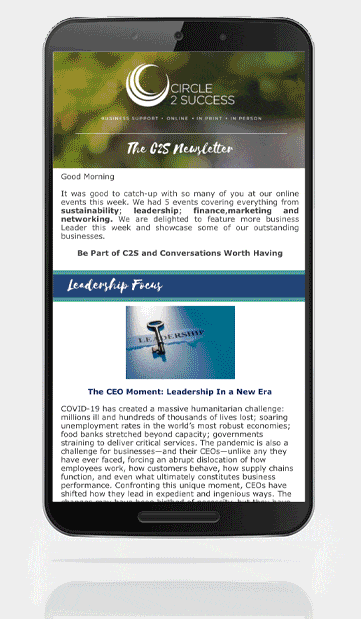Sexual harassment is back in the spotlight with Gregg Wallace, BBC show MasterChef presenter, facing serious allegations of sexual misconduct.
Following an internal BBC investigation, which included interviews with multiple women spanning a 17-year period, the media reported on allegations against Mr Wallace which included making inappropriate sexual comments, telling sexualised jokes and engaging in unwanted physical contact. The seriousness of these allegations has forced him to step back from his role in MasterChef.
More recently, fast food chain McDonald’s has been in the news after countless workers have made fresh harassment claims against them, including sexual harassment. Since the BBC’s 2023 investigation into working conditions at McDonald’s (which discovered allegations of sexual assault, harassment, racism and bullying), the Equality and Human Rights Commission (ERHC) has heard 300 reported incidents of harassment and now plans to intervene again.
The New Duty to Take “Reasonable Steps” to Prevent Sexual Harassment
BPE’s last article covered the recent change to sexual harassment law which introduced a new proactive duty for employers to take “reasonable steps” to prevent employees from being sexual harassed in the course of their employment, whether by colleagues or third parties (such as customers or members of the public).
Those steps must be tailored to each individual business but will include:
- having a policy which specifically addresses sexual harassment;
- having and communicating a zero-tolerance approach to sexual harassment;
- training all staff; and
- undertaking risk assessments to identify and mitigate the risk of sexual harassment arising.
What About Other Types of Harassment?
Whilst the new preventative duty only applies to sexual harassment, employers cannot rest on their laurels in relation to other forms of harassment under the Equality Act (harassment related to sex, race, age, disability, sexual orientation, religion/belief or gender reassignment) as all those forms of harassment are unlawful and employers may be liable for these.
Many of the new allegations by McDonald’s staff relate to other forms of harassment, including alleged bullying for having a learning disability and eye condition, homophobic slurs and a manager performing a Nazi salute to a Jewish employee.
The Cost of Harassment
Aside from harassment being socially unacceptable and having a devastating impact on the victim’s mental and physical health, there is a clear business case for preventing workplace harassment.
Harassment can be damaging to wider staff wellbeing, morale and retention and disastrous for a company’s reputation, which can have serious commercial consequences.
In addition, an employer is legally liable where an employee is harassed by a colleague during the course of their employment. This is the case, even where an employer did not know about or condone the perpetrator’s acts.
An employer’s only defence is if they can evidence that they took “all reasonable steps” to prevent the harassment – a very high bar which employers rarely get over.
Harassment claims can be costly in respect of legal costs and financial compensation awarded to the victim. However, a public finding of harassment by a tribunal can be just as costly to a business, as it can have an impact on staff engagement and turnover.
It is, therefore, critical for businesses to take proactive steps to protect their employees from harassment, maintain a positive work environment and culture and mitigate risks for their business.
What Should Employers Do?
Given the impacts and cost of harassment in the workplace, employers should take a proactive approach to preventing and addressing any form of harassment, and not focus solely on sexual harassment because of the recent changes in the law.
As a minimum, employers should:
- ensure that equality, diversity and harassment policies are fully up-to-date and clearly communicated to all employees;
- ensure that other key policies, such as disciplinary and social media, link into this and are updated as needed;
- check out the EHRC’s recently updated guidance on preventing harassment in the workplace, which contains straightforward, helpful pointers on tackling any form of harassment; and
- regularly carry out updated and tailored staff training on EDI and bullying and harassment.
How Can BPE Help?
BPE can help employers take a proactive approach by offering comprehensive, updated policies and procedures, as well as training on EDI and other areas. Please do get in touch with BPE’s Employment Team for further advice, assistance and any training requirements.
These notes have been prepared for the purpose of articles only. They should not be regarded as a substitute for taking legal advice.
For more information, call BPE Solicitors on 01242 224433 or visit bpe.co.uk







